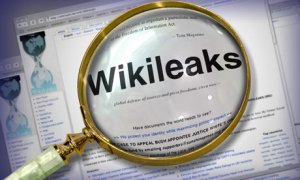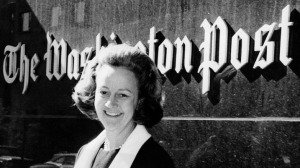In 2007, the organization and media website, WikiLeaks, launched on the Internet. According to the WikiLeaks About page, their “goal is to bring important news and information to the public” (WikiLeaks). “WikiLeaks has sustained and triumphed against legal and political attacks designed to silence our publishing organisation, our journalists and our anonymous sources. The broader principles on which our work is based are the defence of freedom of speech and media publishing, the improvement of our common historical record and the support of the rights of all people to create new history” (WikiLeaks).

WikiLeaks
http://2.bp.blogspot.com/_-BFn09ebLQA/TMl43VQxowI/AAAAAAAAABo/YEsj6KRu5E8/s1600/wikileaks-3.jpg
WikiLeaks reminds me of the Pentagon Papers scandal. In 1971, with the help of Daniel Ellsberg, the New York Times published secret government documents covering up things that happened during the Vietnam War. According to Wikipedia, Daniel Ellsberg was “initially charged with conspiracy, espionage and theft of government property, but the charges were later dropped after prosecutors investigating the Watergate Scandal soon discovered that the Nixon Administration had ordered the so-called White House Plumbers to engage in unlawful efforts to discredit Ellsberg” (Pentagon Papers).
The public has a right to know about what is going on in the world. WikiLeaks often exposes stories that are rather controversial. Some individuals believe that WikiLeaks is actually run by certain government and intelligence agencies; however, WikiLeaks is part of the Sunshine Press (WikiLeaks). WikiLeaks embodies the new media trend. Since everything from dating to shopping to receiving news is now done online, WikiLeaks got ahead of the trend and created a site where individuals can anonymously send in important information to expose stories to the public. In 2009, WikiLeaks won the Amnesty International Human Rights Reporting Award. I think there have been and will be more lawsuits brought against WikiLeaks, but the First Amendment gives freedom to the press. I don’t think there will be any passing legislation against WikiLeaks anytime soon.
